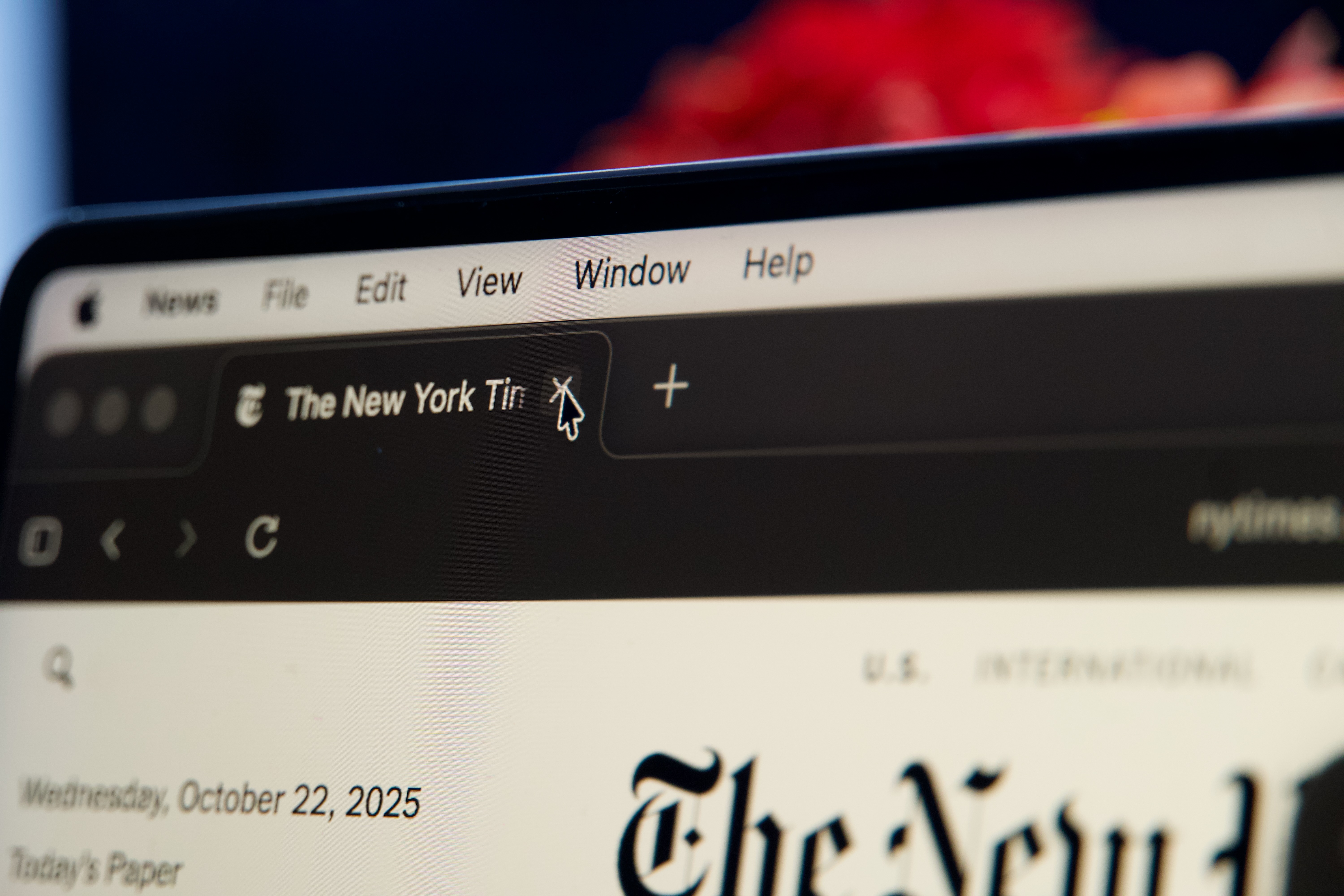You Don’t Know the News. It’s a Problem.

The world is shifting faster than ever, and it’s getting harder to keep up with it all. With new developments in AI video generation technology making it difficult to discern fact from fiction, national politics seemingly causing “constitutional crises” every other day, and wars reported on constantly, the news can feel overwhelming. “Why should I even care about politics, or the endless war in Gaza?” people often say.
“It just doesn’t affect me,” said Sean Ma (10).
Even for students who read the headlines, the motivation often stops there. Many of us see reading the news as a necessity of growing up—a chore to fulfill the eventual responsibilities of adulthood.
Social media exacerbates this issue. Many students don’t ignore the news out of apathy, but rather because social media gives us the illusion of being informed. Most social media coverage only reflects what we already believe—a hall of mirrors that feels deep and complex at first glance, but is ultimately shallow and repetitive. Outrage and emotion replace understanding. Headlines replace nuance, and conflict triumphs above all.
And we’re not unique, as this issue weighs on teens around the country. “Only 15 percent of teens say they actively seek out news to stay informed; the majority either keep up without trying (50 percent) or don’t really keep up with news at all (36 percent)” (News Literacy Project, Teen News Engagement Report 2024).
Why is it a problem? Why should we care? When we stop paying attention, we stop thinking critically about the world around us. Knowing what’s happening beyond the bubble of our community allows us to adopt more informed beliefs about what matters to us. Understanding the world puts life in perspective.
“Reading the news helps you build empathy for different types of people… even if you’re not affected, you’ll definitely meet people who are,” said Pranesh Saran (12).
Even if we don’t read news from social media, seeing all of the global tragedies can be exhausting. Even respected news outlets tend to focus on the bad rather than the good. Still, most of the benefit can be gained by reading a few articles on the topics that matter or interest you most. Instead of getting a broad range of various topics, which can easily be overwhelming, and frankly difficult to make sense of, diving deep into one or two stories and truly understanding the story’s different perspectives can be more meaningful.
Ultimately, whether we keep up with the news is a personal choice. We can tune out the news and choose to focus only on our own lives. But choosing ignorance and apathy isn’t a neutral decision. It’s surrendering our perspective, and with it, our empathy.